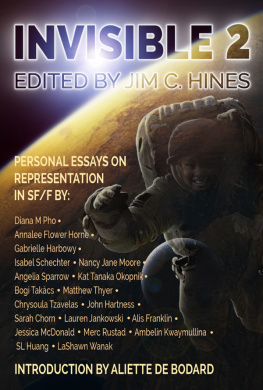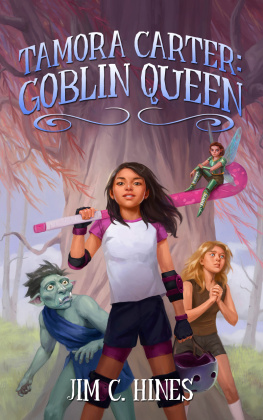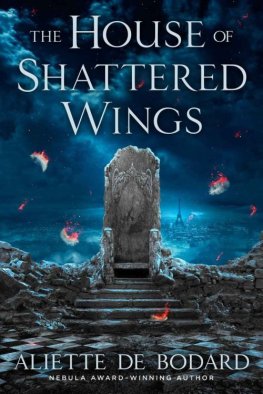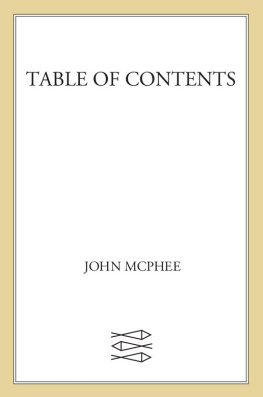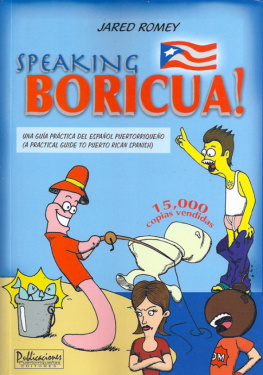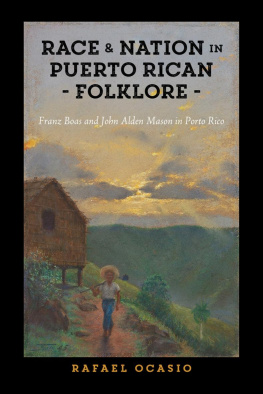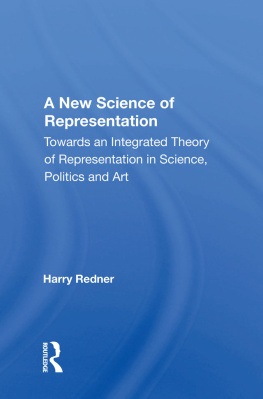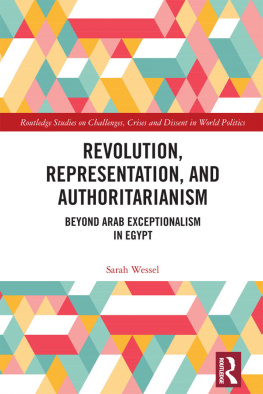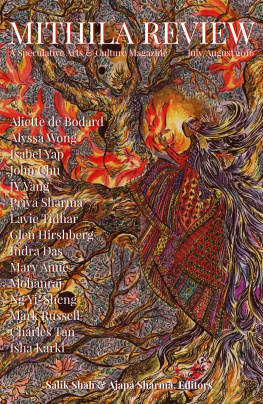Invisible 2
Personal essays about representation in science fiction and fantasy.
Edited by Jim C. Hines
, Copyright 2015 by Aliette de Bodard
, Copyright 2015 by Diana M. Pho
, Copyright 2015 by Annalee Flower Horne
, Copyright 2015 by Gabrielle Harbowy
, Copyright 2015 by Isabel Schechter
, Copyright 2015 by Nancy Jane Moore
, Copyright 2015 by Matthew Thyer
, Copyright 2015 by Angelia Sparrow
, Copyright 2015 by Kat Tanaka Okopnik
Copyright 2015 by Bogi Takcs
, Copyright 2015 by Chrysoula Tzavelas
, Copyright 2015 by John Hartness
, Copyright 2015 by Sarah Chorn
, Copyright 2015 by Lauren Jankowski
, Copyright 2015 by Alis Franklin
, Copyright 2015 by Jessica McDonald
, Copyright 2015 by Merc Rustad
, Copyright 2015 by Ambelin Kwaymullina
, Copyright 2015 by SL Huang
, Copyright 2015 by LaShawn Wanak
, Copyright 2015 by Jim C. Hines
Cover by Mark Ferrari
Afterword, by Jim C. Hines
For the second year in a row, I invited people to share their personal experiences and stories about representation in science fiction and fantasy. For the second year in a row, I was blown away by the power of those stories. Theyre honest, passionate, insightful, and important. I continue to learn a great deal from the contributors, both as an author and as a human being.
That learning process isnt always easy. A month or so back, I was talking with a friend who had struggled with some of the essays in the first Invisible collection. He talked about feeling defensive, and at times attacked. To his credit, he spent a lot of time trying to unpack where that response was coming from.
He talked about the linguistics of these conversations, and the fact that for many of usespecially those of us who arent necessarily part of marginalized groupswe dont grow up learning how to talk about oppression and representation. He initially approached the essays through the lens and language of abuse. In an abusive situation, theres generally a person being hurt and a clear perpetrator inflicting that hurt.
Were taught that to be racist or sexist is to be the abuser, the villain actively and deliberately working to oppress and destroy the other. In cases of abuse, the need is to protect the victim and remove the abuser. Abusers are supposed to be punished for their actions.
What happens when that framework is applied to systemic oppression? When the problem isnt an individual abuser, but a culture of inequity? Does that make members of the non-marginalized group abusers in need of punishment?
That was my friends initial reaction. He felt like the unstated message of these essays was that he was a bad person. An abuser. But he kept reading. He kept working to understand. And he started to recognize that it was more complex than that. It wasnt about him as a bad guy; it was about a long history of systemic inequity, an intersection of different kinds of oppression, often with no clear or conscious villain.
My culture has problems. Find me one that doesnt. But having grown up in this one, Ive absorbed some of those problematic attitudes and assumptions. I dont think that makes me evil. It makes me human. Its not about punishment; its about learning to unpack and move beyond those assumptions.
Theres anger in some of the essays in Invisible 2. Theres pain. These things can be hard to read. To this day, I struggle with knee-jerk reactions. But thats not my fault! I never tried to hurt anyone. Why are you so angry at me?
Its not about me. Its about the authors of these stories, stories that many of us might never have thought about or encountered. Its about acknowledging and recognizing other voices and other experiences, and realizing that the anger and the pain are real.
Anger and pain are hard to hear. Theres a tendency to try to fix it, to tell the other person why its not really that bad. Or to get defensive and make it about ourselves. We feel attacked, and we want to push back.
Representation isnt a zero-sum game. Nobodys calling for the end of stories by or about people like me. More space for marginalized writers and actors and stories doesnt mean my own work has to disappear. Science fiction and fantasy are literally limitless. Theres room for all of us.
Thats one of the many reasons I believe these essays are important. They remind us of the power of seeing ourselves in stories, and the pain of being excluded. They challenge our unconscious or unexamined assumptions about whats normal. They remind us that the real world is so much bigger and broader than we ever imagined, even though our stories often fail to acknowledge that.
They help us to become better readers, better writers, and better human beings.
Jim C. Hines
April 2015
What Do We Look Like in Your Mind? by Kat Tanaka Okopnik
Before you read further, indulge me please. Picture, if you will, a young (East) Asian American protagonist. If you can, do a color drawing, or write down your description. If you feel ambitious, please do the same with White, Black, Latin@ friends for them.
What made that character seem plausibly East Asian to you?
Was it the golden skin, and the tilted eyes?
Where do they live? What do they eat? Where did their parents grow up?
#
I hate writing this essay.
I wish there wasnt such urgent need to write it.
I wish I were writing about it in the past tense, rather than as a pressing need that Im finding exhausting. I have two young children who are surrounded by media that are leading them to perform the very same problematic tropes about (East) Asians that I grew up around. Its 2015. Arent we supposed to be done with this?
I wish all the blithe pronouncements of our colorblind, postracial society were real. I wish there were actually enough mention, by other people, of the issues facing Asian America so that I could write sense of wonder stories insteadbut my child has said to me, Mommy, my skin is ugly! Further discussion reveals that hes come to think of lighter and darker skin than his own as beautiful, but his light olive is unacceptable in his mind. I spend months working even harder to make sure that people who look like him are presented as attractive, too.
Its a rare week when I dont see yet another case of yellowface and exoticization of East Asians dismissed as a non-issue. The excuses are predictable: its historic, its satirical, its humorous, its tribute, its realistic, why do we complain when theres representation? its not just East Asians! actually its punching up, hey my Asian friend said it was okay, oh its someone East Asian doing it.
Im known to have an interest in finding non-problematic media, and so Im offered a pretty steady stream of recommendations. The majority of diverse stories and shows that are offered to my children come in two categories: East Asian kid as a member of the tokenized team of sidekicks to the white protagonist, or stories of East Asia or the recent diaspora. Often, the indicators of East Asian identity for the team player are an East Asian-language name and golden skin and straight black hair and slanted eyes. Theres a parent or grandmother who speaks in fortune cookie Wise Oriental proverbs. Unfamiliar words are dropped into the conversation, with an echoed translation into English immediately afterward.
The rest of the stories happen long ago or far away. Theyre just as much unreal fantasy as dragons or turtle ninjas. Actually, my son seems to want to become a ninja partly because thats the expected pipeline for an Asian kid. (His peers mostly want to be turtle ninjas because that would be cool.)
Theyve been taught by the culture around them that Chinesey is a performance based on wearing cultural artifacts, and that East Asians are defined by accents and tinkly background music. Theres a continuum from

